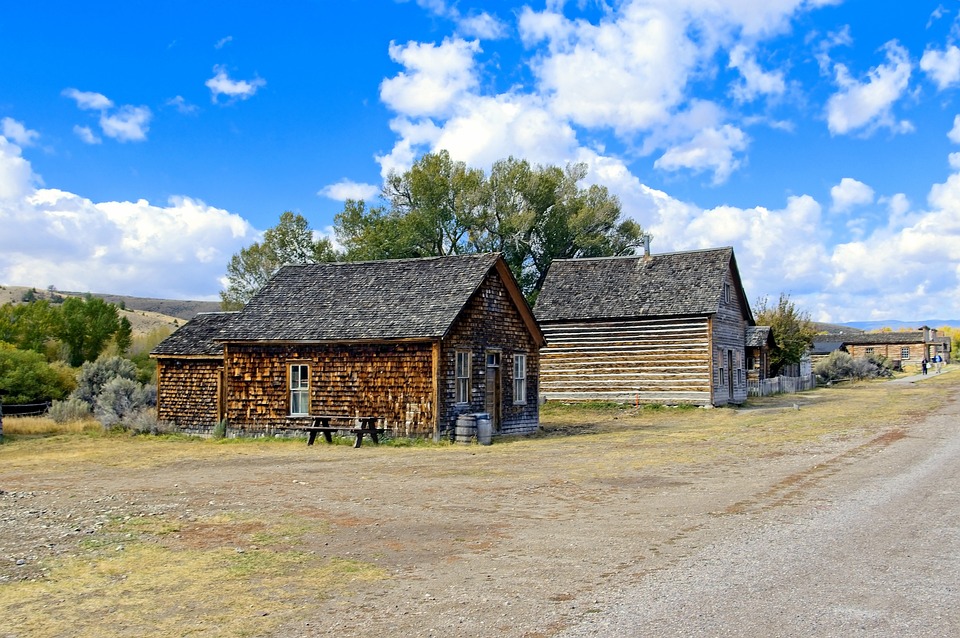
Celebrating Diversity in Cinema: The Legacy of Trailblazing Filmmakers
Throughout the history of cinema, there have been countless trailblazing filmmakers who have broken barriers and paved the way for greater representation and diversity in the industry. From directors to actors, writers to producers, individuals from diverse backgrounds have made significant contributions to the world of film, challenging stereotypes and telling stories that reflect the rich tapestry of human experience.
Diversity in Cinema: Breaking Barriers
One of the most important aspects of diversity in cinema is the breaking of barriers that have historically limited representation. In the early days of Hollywood, minorities were often relegated to stereotypical and marginalized roles, portraying one-dimensional characters that reinforced harmful stereotypes. However, over the years, filmmakers from diverse backgrounds have worked tirelessly to challenge these stereotypes and create more authentic and nuanced portrayals of underrepresented communities.
For example, trailblazing filmmakers like Spike Lee and Ava DuVernay have been at the forefront of this movement, creating films that shed light on the experiences of African Americans and other marginalized communities. Lee’s seminal work “Do the Right Thing” is a powerful exploration of race relations and police brutality, while DuVernay’s “Selma” tells the story of the civil rights movement through the eyes of Martin Luther King Jr. These films have not only garnered critical acclaim but have also opened doors for other filmmakers to tell their own stories and share their unique perspectives with the world.
The Power of Representation
One of the most important aspects of diversity in cinema is the power of representation. When individuals see themselves reflected on screen, it can have a profound impact on their sense of identity and self-worth. Seeing people who look like them, speak like them, and share their experiences can be incredibly validating and empowering, helping to break down barriers and reduce the stigma associated with underrepresented communities.
For example, the success of films like “Crazy Rich Asians” and “Black Panther” has demonstrated the power of representation in cinema. These films not only feature diverse casts but also tell stories that center on the experiences of marginalized communities, showcasing their strength, resilience, and humanity. By providing a platform for these voices to be heard and celebrated, these films have helped to push the boundaries of what is possible in the world of cinema.
Celebrating Diversity in Cinema: Looking to the Future
As we celebrate the legacy of trailblazing filmmakers who have paved the way for greater diversity in cinema, it is important to look to the future and continue to champion underrepresented voices in the industry. From women to LGBTQ+ individuals, people of color to individuals with disabilities, there are countless stories waiting to be told, waiting to be heard, waiting to be celebrated.
One way to support diversity in cinema is to seek out and support films made by filmmakers from diverse backgrounds. By watching and promoting these films, we can help to create a more inclusive and representative industry that reflects the diversity of the world we live in. Additionally, we can support initiatives that provide funding and resources to underrepresented filmmakers, helping to create a more level playing field for individuals from marginalized communities.
Ultimately, celebrating diversity in cinema is about more than just telling diverse stories. It is about challenging stereotypes, breaking barriers, and creating a world where everyone’s voice is heard and valued. By honoring the legacy of trailblazing filmmakers who have come before us, we can continue to push the boundaries of what is possible in the world of cinema and create a more inclusive and representative industry for generations to come.
Conclusion
As we look to the future of cinema, it is important to celebrate the legacy of trailblazing filmmakers who have worked tirelessly to promote greater diversity and representation in the industry. From breaking barriers to challenging stereotypes, these individuals have made significant contributions to the world of film, creating a more inclusive and representative industry for future generations to enjoy.
By supporting diverse voices in cinema, we can help to create a world where everyone’s story is told, everyone’s voice is heard, and everyone’s humanity is celebrated. Together, we can continue to push the boundaries of what is possible in the world of cinema and create a more inclusive and representative industry for all.